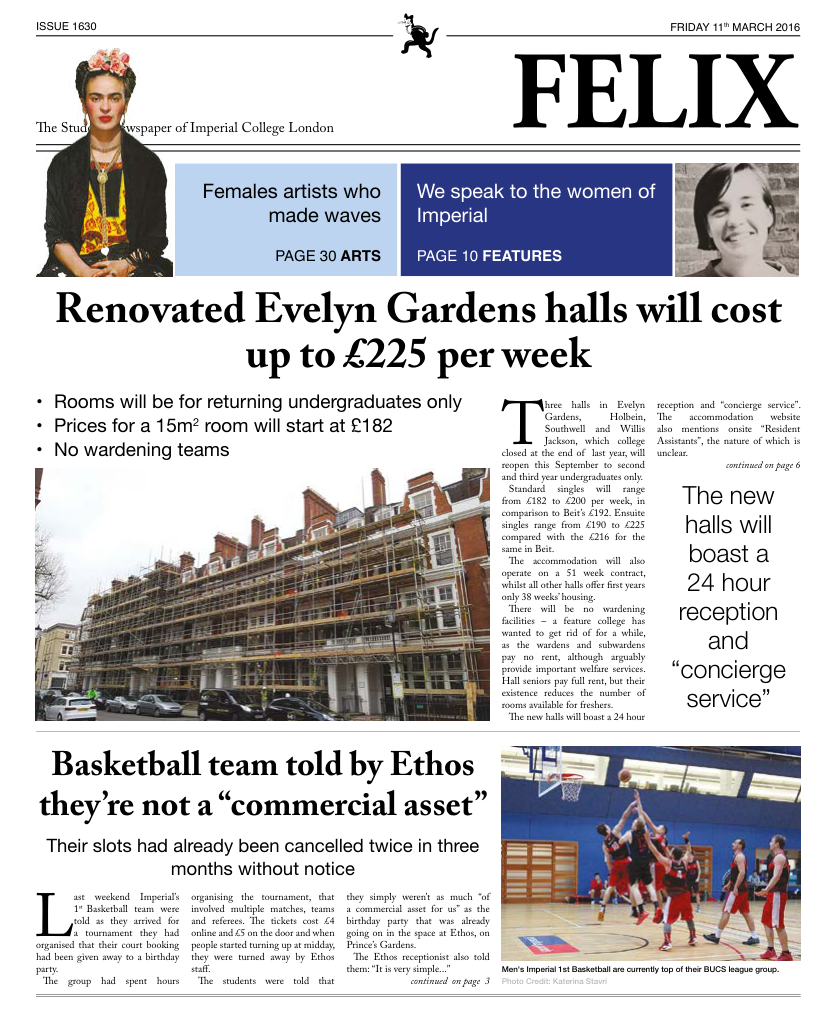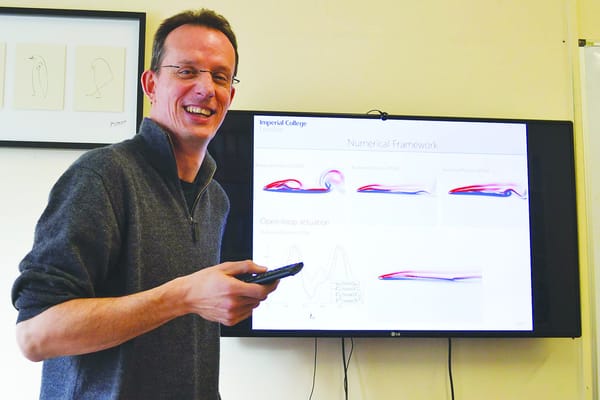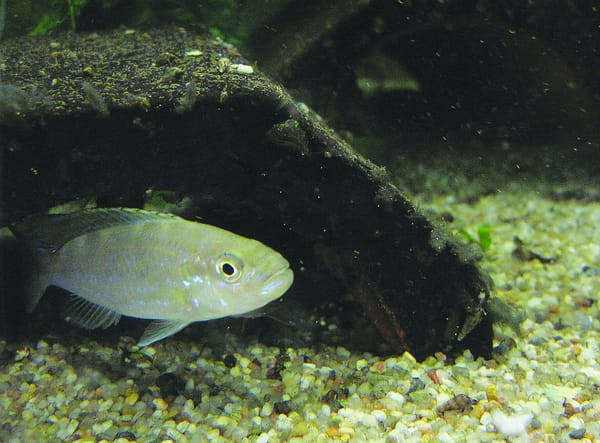Science & the City
Our regular science column
In our occidental institutions of learning, the hallways hear the daily echoes of our scientific history being taught in classrooms. “We stand on the shoulders of giants” was a 12th century quote, though more commonly attributed to Sir Isaac Newton. It’s an acknowledgment of our predecessors, the trials and errors, insights and ideas, lessons and losses, all that we have built our foundation of knowledge on.
But do we truly acknowledge the entire foundation? Or are our institutions culturally biased? I’m thinking of the 4000 year old Hindu records that describe an elegant concept of matter so small it would be indestructible – what we now call an atom. Or recent research that showed how Babylonians were using geometry to calculate the movements of Jupiter 14 centuries before Europeans figured it out . Alongside Mayans and Indians, Babylonians independently came up with the idea of the number zero thousands of years ago. We take it for granted now, but for much of humanity, this emptiness had no mathematical or placeholder representation - and it was not borne out of our occidental history.
Yet, we are not taught these histories in our schools, not until our hallowed flowering of enlightened consciousness, wholly and conveniently concentrated in Europe. Unfortunately, it is incredibly limiting to reinforce such a historically linear European narrative of science that ignores the massive compendium of knowledge that we have all actually been drawing from (and lost much of) for thousands of years from a complex tapestry of different cultures and histories worldwide - many of which were often far more advanced than us in their knowledge, innovation, and science.
Given our access to almost all of that information digitally, it’s time for the occidental consciousness to step back from our self-aggrandizing and be humbled. I imagine we’ll find more than a few lost lessons along the way, as we walk our hallways anew and begin to hear the echoes of a more accurate scientific history - one that sees all of the giants whose shoulders we stand on.








